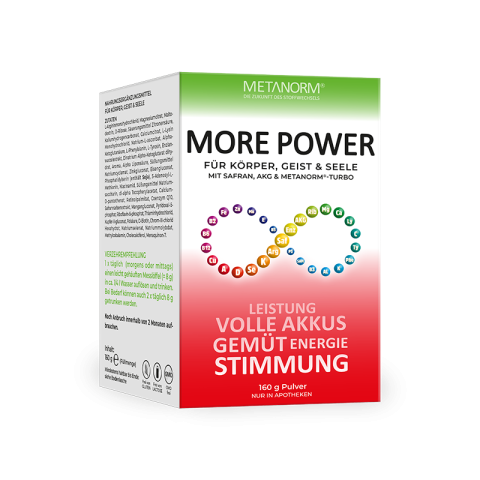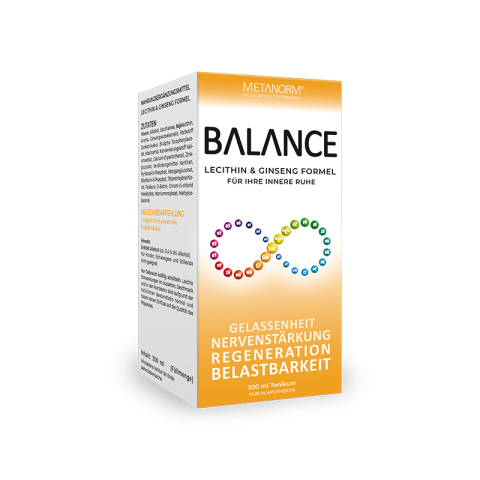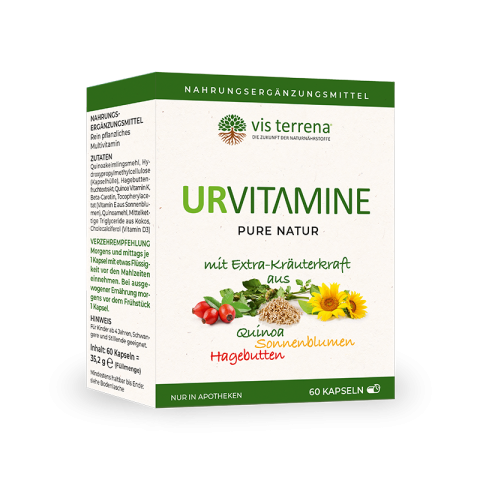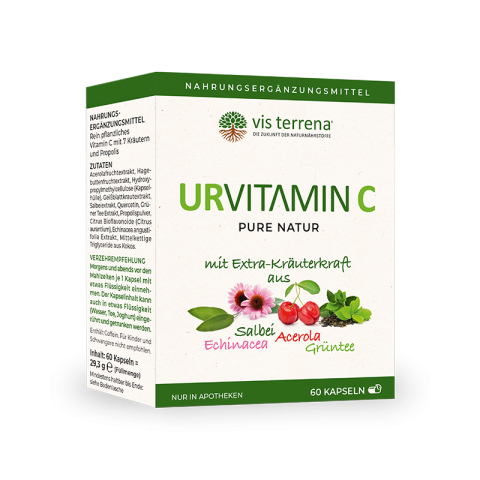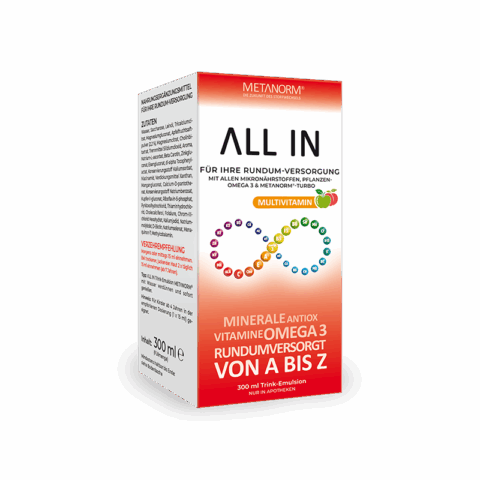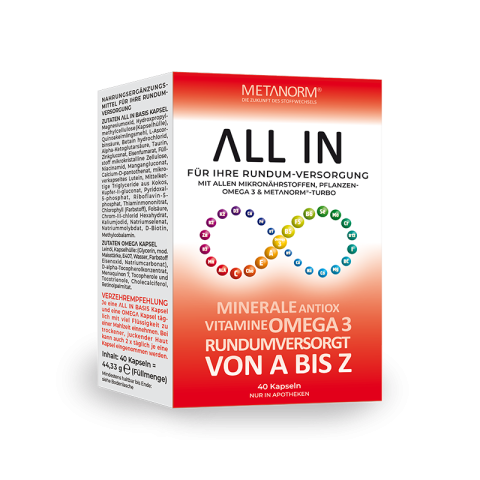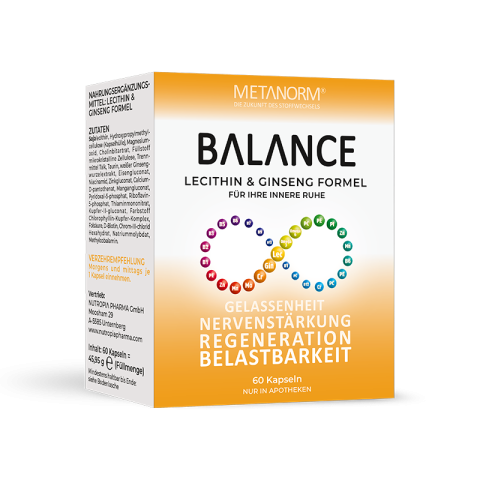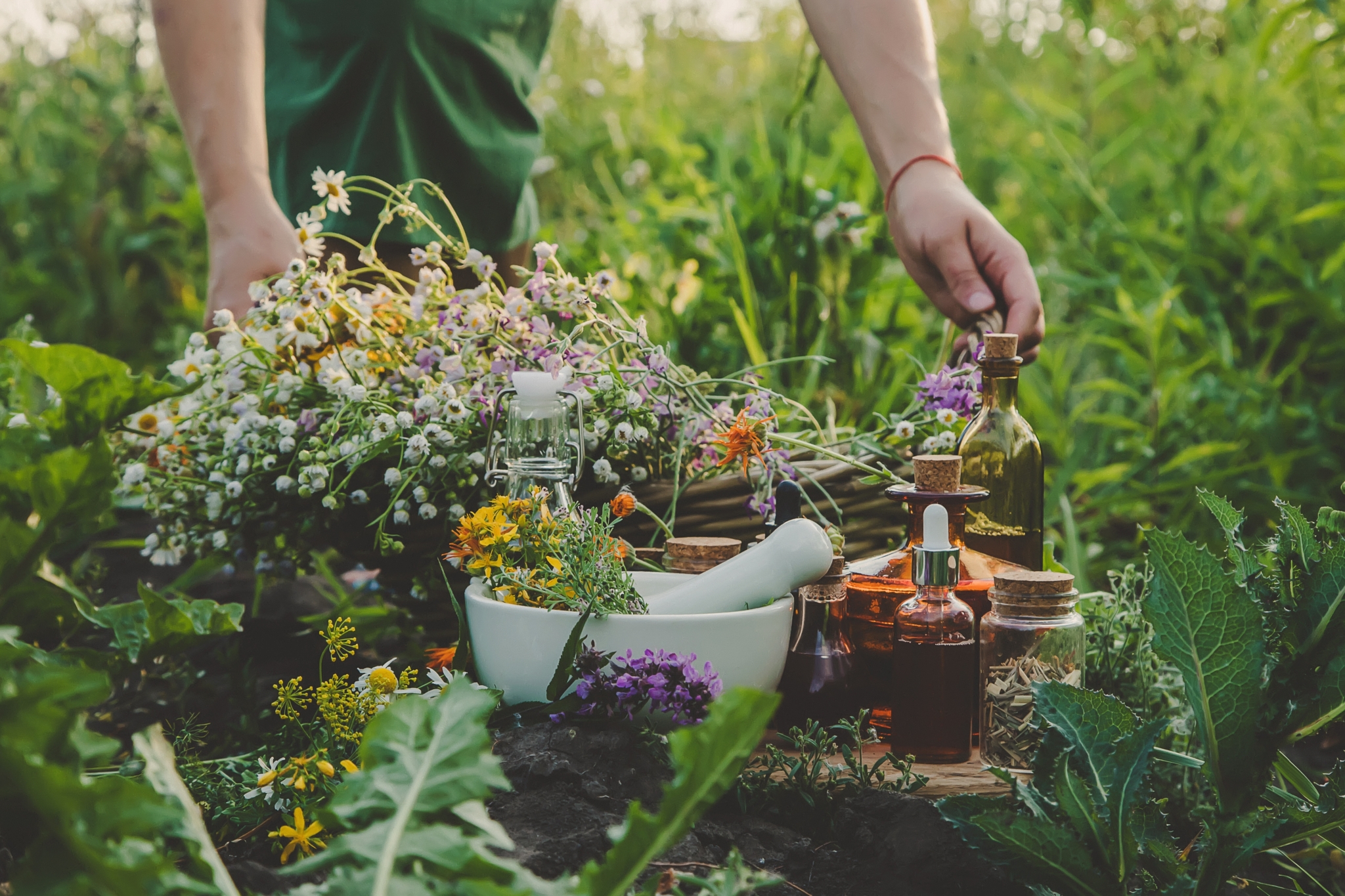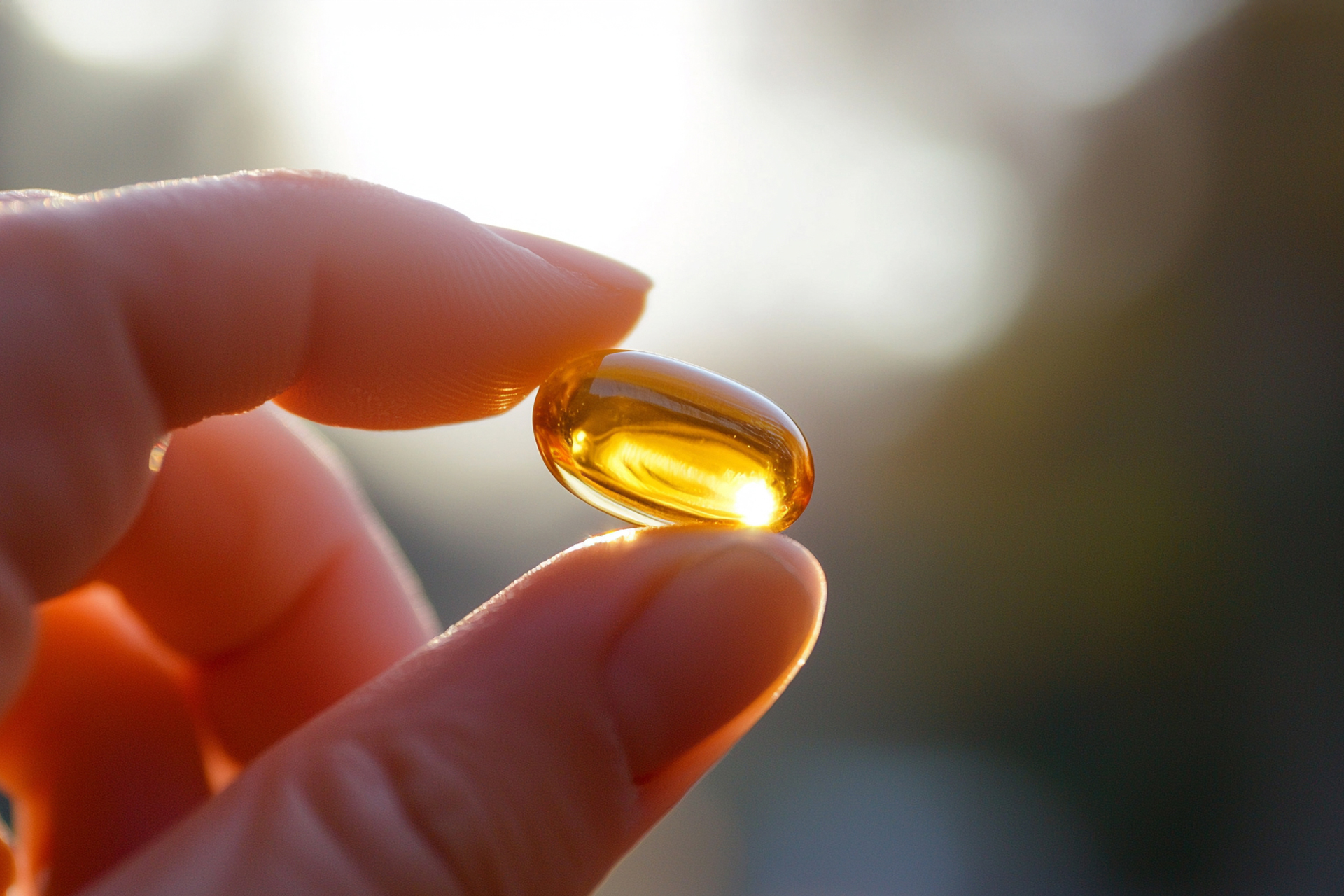
Tips and tricks to get through autumn in good health
With autumn, not only do the leaves fall from the trees, but many people fall into a low mood. The time change, constantly falling temperatures and colds often make it difficult for us to enjoy the benefits of this time of year.
But there are a few tips and tricks on how to get through autumn healthy and cheerful. Many people dread the grey and chilly season as early as summer, when the first leaves turn yellow and work gives us a glimpse of upcoming commitments. However, the darkness takes away our motivation to tackle important tasks. The vitamin D deficiency that often accompanies autumn contributes to tiredness and exhaustion. For this reason, precautions should be taken in good time to ward off the onset of infections and depressive moods.

Fresh air for mind and body
Unfortunately, it’s not always easy to enjoy a few rays of sunshine in autumn alongside a full-time job. With the time change, the days get shorter again and so it’s usually already dark when you leave the office. But at least you can spend your lunch break outside when the weather is nice.
Just 30 minutes a day in the fresh air strengthens our immune system, making us better able to fight off viruses.
The brain needs oxygen to remain efficient.
Sunlight counteracts the autumn blues. Even on a grey autumn day, the sun’s rays and therefore UVB light still shine through the clouds. Our body converts this into vitamin D.
Exercise in the fresh air helps us to produce the happiness hormone serotonin.

How can we strengthen our defences?
Vitamins C, vitamin D, B vitamins, iron, zinc, copper and selenium are particularly important vitamins and trace elements for our immune system, and vitamin C in particular can work wonders when highly concentrated.
Acerola, rosehip and sea buckthorn berries have a high vitamin C content. Cabbage, spinach, potatoes and tomatoes also contain vitamin C and can easily be integrated into the diet. Of course, there are also food supplements that can compensate for vitamin deficiencies.
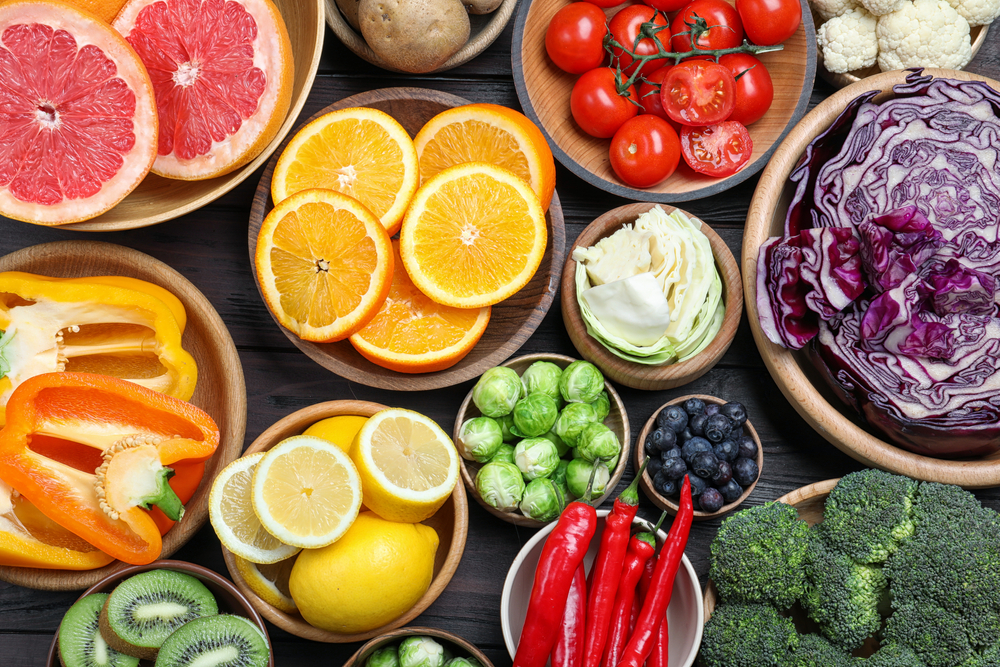
Vitamin C has the following properties:
- Protects cells from oxidative stress
- Strengthens the immune system.
- Increases the absorption of iron
- Helps to combat persistent fatigue.
- Supports the formation of collagen and thus the function of our blood vessels.
Trace elements should not be underestimated either. Brazil nuts, for example, are a good source of selenium: Just one nut a day covers our daily selenium requirement.
Legumes of all kinds also contain iron and zinc, which are important in the defence against infections.
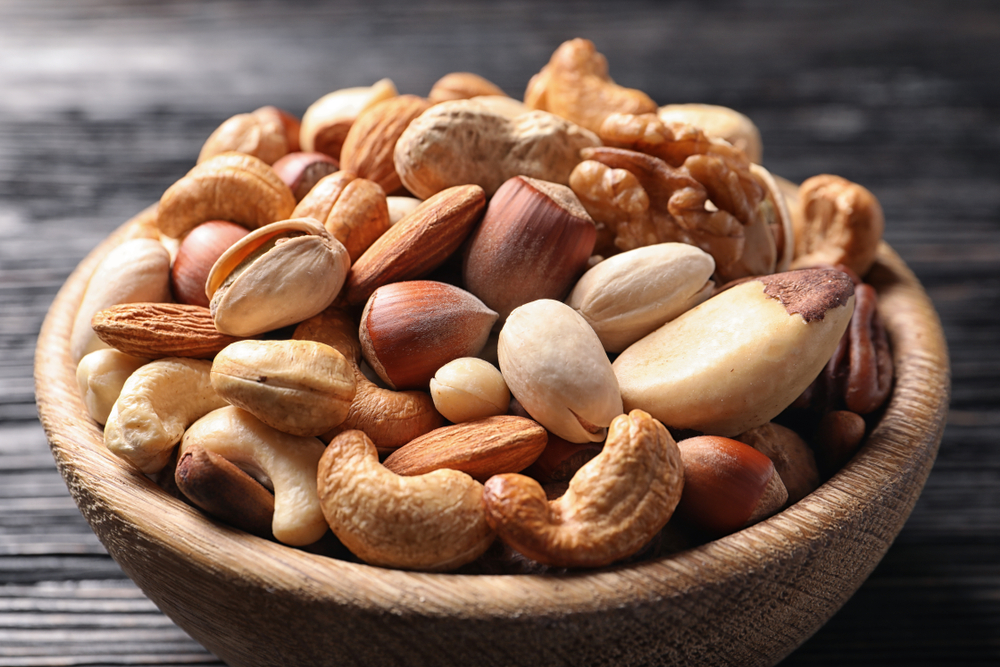
Ginger against inflammation and rhinoviruses
Ginger also contains vitamin C and iron.
However, the root owes its healing powers primarily to the gingerol it contains, which has an anti-inflammatory effect. It is known that pungent substances warm us from the inside during cold seasons and support our immune system.
However, ginger can not only nip viral infections in the bud, it can also help against:
- Nausea and vomiting
- States of exhaustion
- Headaches and menstrual pain
- Digestive complaints
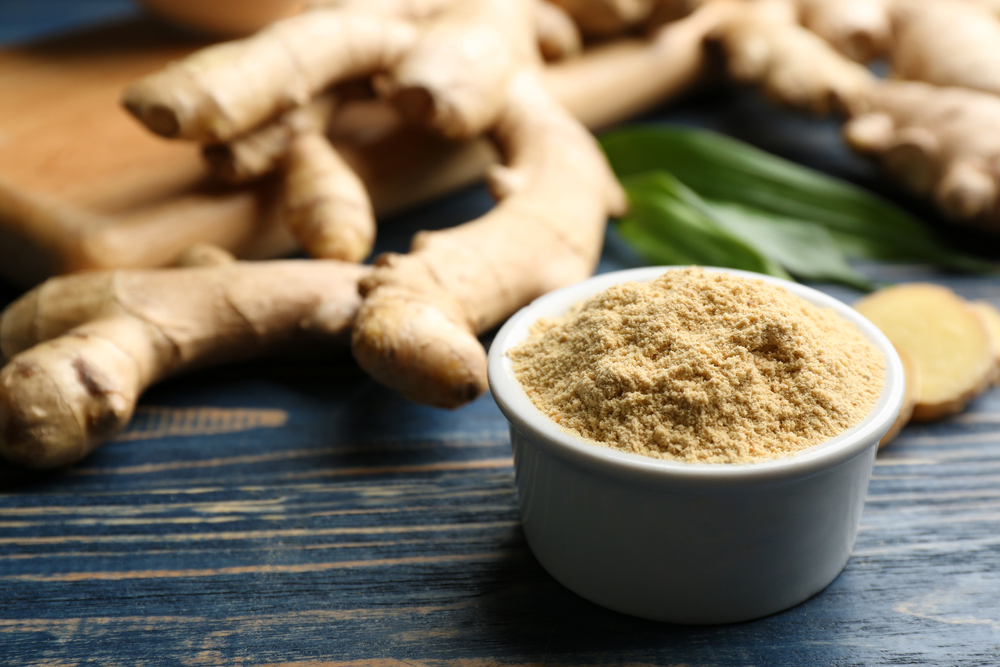
Helpful tips for the psyche
Mental complaints often go hand in hand with physical complaints, which is why we should regularly look after our mental well-being. In autumn, there is a risk of quickly sinking into the daily grind. Since the pandemic, many people have found it difficult to find a daily rhythm due to frequent absences from work, school and university. However, this is essential in the fight against mental upsets in autumn and winter.
- A fixed daily routine and order at work and at home can give us stability and prevent the autumn blues
- Exercise and sport promote blood circulation in the brain and the release of endorphins
- Light therapy can compensate for dark and cold autumn days
- Mindfulness and breathing exercises slow down our everyday life and counteract stress

Targeted health improvement through advanced micronutrient supplements. With our products, this is no utopia, but a tried and tested reality.
